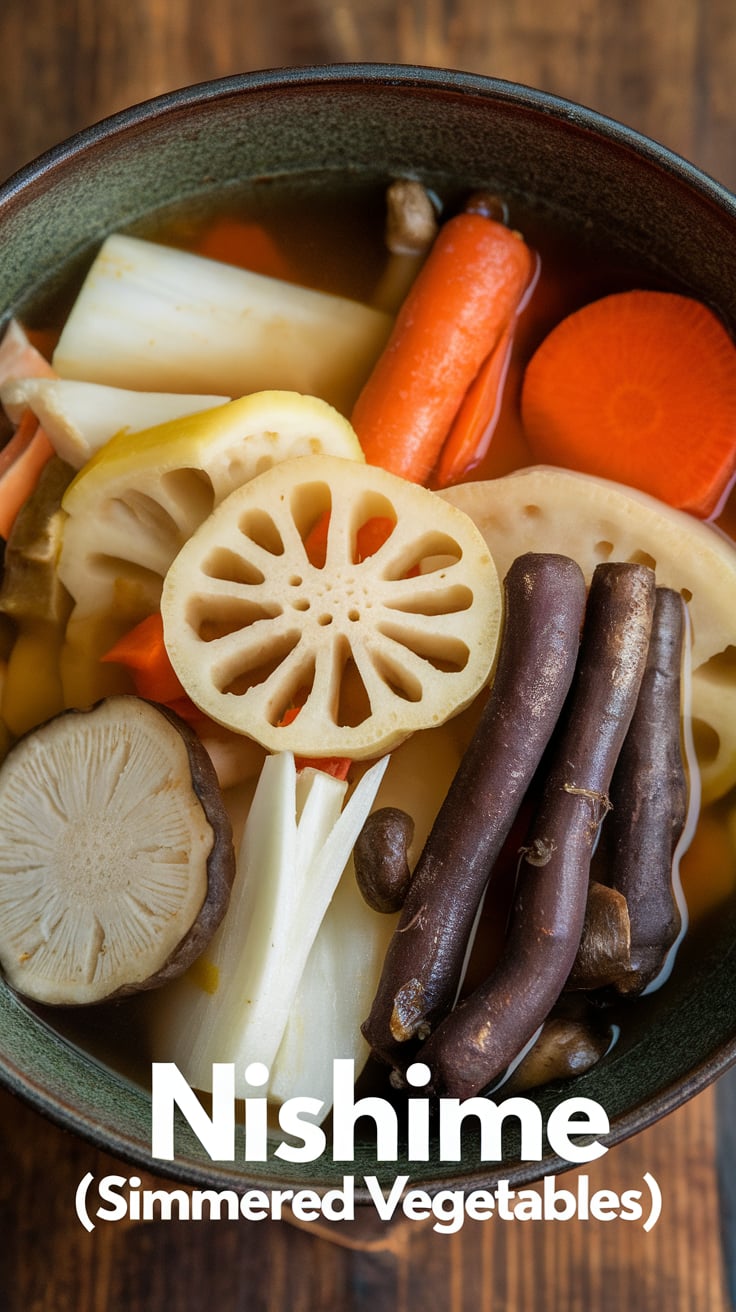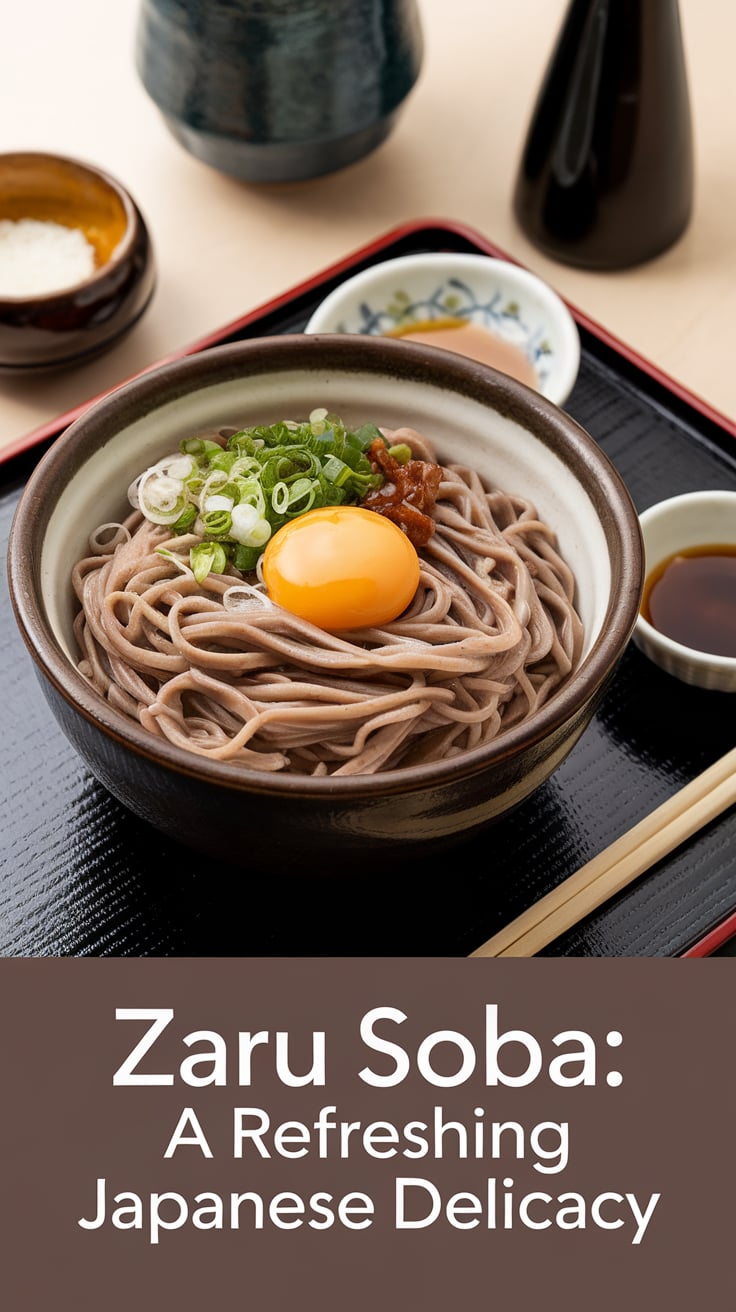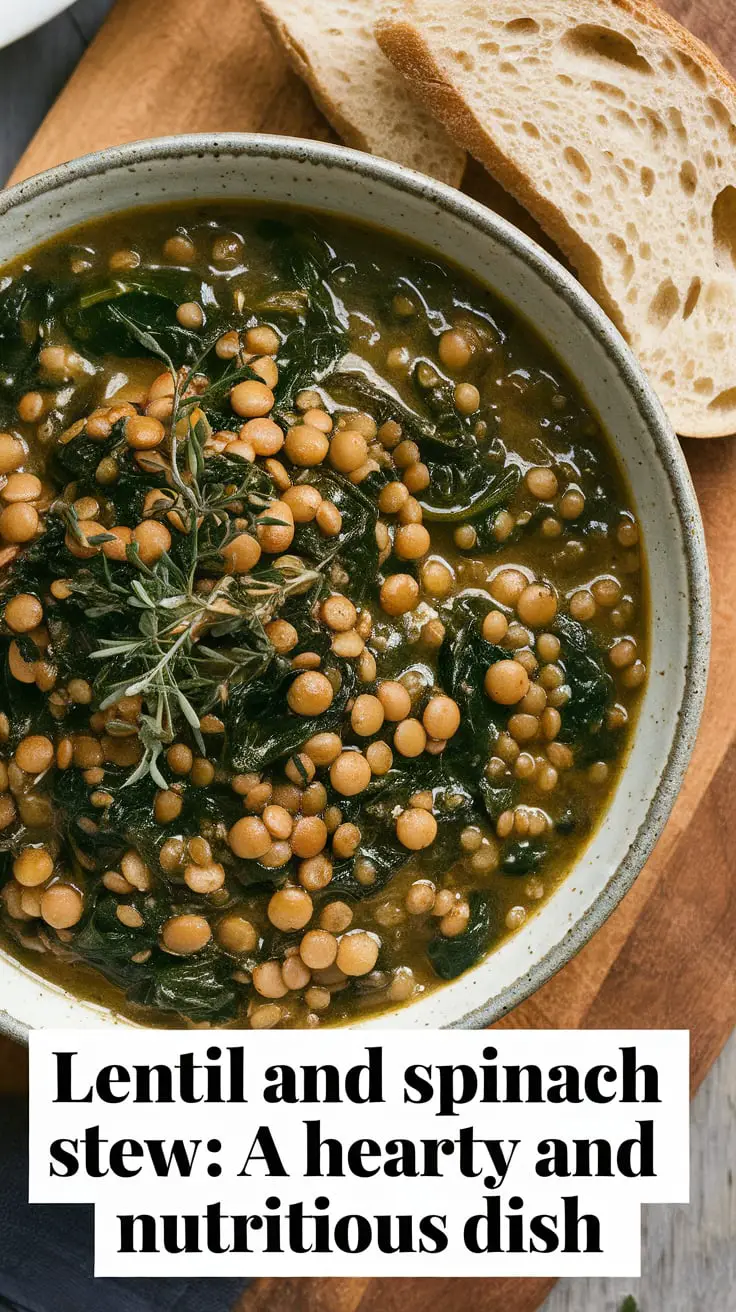Nishime (Simmered Vegetables) – RecipeIneed
Imagine yourself in a cozy Japanese kitchen, surrounded by the comforting aromas of simmering vegetables and savory broth. The gentle bubbling of the pot on the stove fills the room with a sense of warmth and tranquility. This is the essence of nishime, a traditional Japanese dish that has been enjoyed for generations.
History and Origins
Nishime has its roots in Japanese home cooking, where seasonal vegetables are simmered together in a flavorful broth until tender and infused with umami-rich flavors. This dish is often enjoyed during special occasions and celebrations, as it symbolizes abundance, harmony, and good fortune.
Reasons to Make Nishime
- It is a nutritious and wholesome dish that is packed with vitamins and minerals.
- Nishime is a versatile dish that can be customized with a variety of vegetables to suit your taste preferences.
- It is a comforting and satisfying meal that is perfect for cold winter days or when you need a nourishing pick-me-up.
What Makes Nishime Different and Unique
What sets nishime apart from other vegetable dishes is its slow cooking method, which allows the flavors to meld together and develop a rich depth of taste. The combination of simmered vegetables, dashi broth, and soy sauce creates a harmonious balance of sweet, savory, and umami flavors that is truly unique.

Ingredients
- Carrots: Adds sweetness and color to the dish.
- Daikon Radish: Provides a mild peppery flavor and texture.
- Lotus Root: Adds a crunchy texture and earthy flavor.
- Burdock Root: Adds a nutty flavor and chewy texture.
- Konnyaku: A gelatinous ingredient that absorbs the flavors of the broth.
- Shiitake Mushrooms: Adds a meaty texture and umami flavor.
Preparing the Ingredients
Before you start cooking, make sure to wash and peel the vegetables thoroughly. Cut them into bite-sized pieces for even cooking and to ensure that they absorb the flavors of the broth.
Cutting Techniques
For vegetables like carrots and daikon radish, it is best to cut them into thick slices or chunks to prevent them from becoming mushy during the cooking process. For ingredients like lotus root and burdock root, slice them thinly to allow them to cook evenly and absorb the flavors of the broth.
To make nishime, you will need a large pot or Dutch oven to simmer the vegetables and broth. A sharp knife and cutting board are essential for preparing the ingredients, and a wooden spoon or ladle will help you stir and serve the dish.
Temperature and Timing Guide
Simmer the nishime over low heat for about 30-40 minutes, or until the vegetables are tender and the flavors have melded together. Be sure to check the pot occasionally and add more broth if needed to prevent the vegetables from sticking to the bottom.
Common Issues and Solutions
- If the nishime is too watery, remove the lid and simmer uncovered for a few more minutes to allow the liquid to reduce.
- If the vegetables are too soft, try adding them to the pot at different times based on their cooking times to ensure that they are all cooked to perfection.

Instructions
- Step 1: In a large pot, combine the dashi broth, soy sauce, and mirin.
- Step 2: Add the carrots, daikon radish, lotus root, burdock root, konnyaku, and shiitake mushrooms to the pot.
- Step 3: Bring the broth to a simmer over low heat and cover the pot with a lid.
- Step 4: Cook the nishime for 30-40 minutes, or until the vegetables are tender.
- Step 5: Serve the nishime hot with steamed rice and enjoy!
Prep and Cooking Time
Preparation time: 20 minutes
Cooking time: 30-40 minutes
Nutritional Value
One serving of nishime contains approximately 200 calories, making it a healthy and low-calorie meal option. It is also high in fiber, vitamins, and minerals, making it a nutritious choice for a balanced diet.
Tips for Restaurant Quality Results
To achieve restaurant-quality nishime, be sure to use fresh, high-quality ingredients and take your time to simmer the dish slowly over low heat. Taste the broth as it cooks and adjust the seasoning as needed to enhance the flavors of the vegetables.

Alternative Ways to Change the Recipe
- Try adding tofu or seitan for a protein boost.
- Experiment with different vegetables such as kabocha squash or green beans for variety.
- For a richer flavor, add a splash of sake or miso paste to the broth.
Final Thoughts
Nishime is a comforting and nourishing dish that is perfect for any occasion. Whether you are looking for a healthy meal option or simply want to enjoy the flavors of traditional Japanese cuisine, nishime is sure to satisfy your cravings. So gather your ingredients, simmer them slowly, and savor the delicious flavors of this classic dish. Enjoy!






